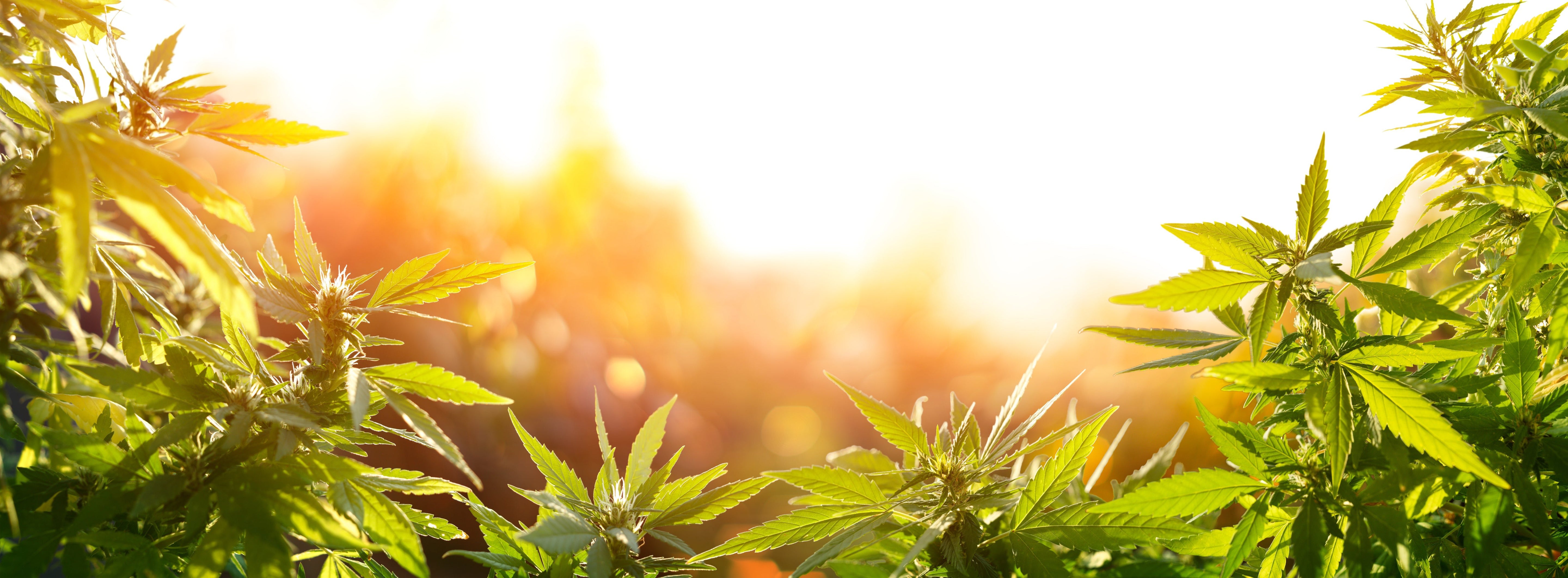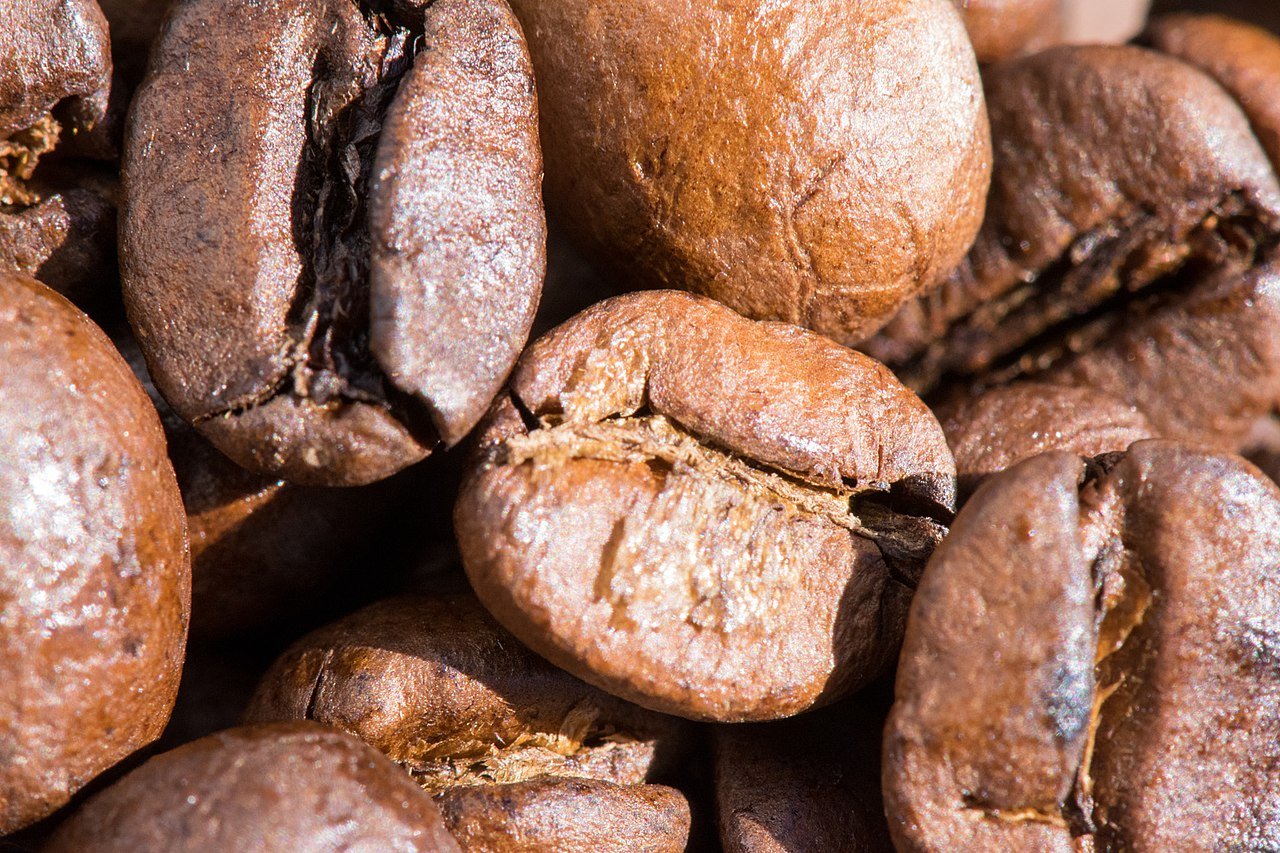
Has the organization charged with regulating the safe practices of the hemp industry actually acted as a destructive force toward its entrepreneurs and farmers?
Some think that is precisely the case. In the U.S., the organization that polices hemp’s main processing and retail end product, CBD, is the Food and Drug Administration.
According to recent reporting at Reason Magazine and elsewhere, the inaction of FDA officials and their confusing and at times misleading statements have hampered the potential growth of the hemp and CBD industry in the past two years.
Since the 2018 industrial hemp legalization that came with that year’s passage of the Farm Bill, the agency has been slow to lay out a concrete plan for CBD regulation, but has sewn seeds of doubt and signaled that investors and customers should be more cautious than they otherwise would be.
Fall safety warnings from the FDA targeted unproven claims by some CBD retailers, further adding to the uncertainty involved in the hemp economy.
“The agency's indecisiveness trickles down,” Baylen Linneken wrote in Reason. “States that have banned CBD products typically 'cit[e] the FDA's stance' as the basis for their actions.”
In Kentucky, the state from which Mitch McConnell originally advocated the federal legalization of industry hemp, Agriculture Commissioner Ryan Quarles has voiced similar concerns over the FDA’s idling when it comes to buckling down on CBD rules and guidance.
He wrote to the FDA on Friday seeking clearer guidance.
“The FDA needs to simply act,” Quarles told the Messenger-Inquirer. “Even a signal to the industry that they are exploring the potential uses of hemp and its nutraceutical applications would send a message of hope to the hemp community. CBD has dominated production and processing, but there is far more to hemp than CBD. I will admit that the FDA has to balance public safety with an emerging market, but with these products existing for over half a decade, they need to act. The industry is willing to fund it and comply with the guidelines.”
The key is that without clear rules and enforcement, entrepreneurs have been left adrift. Though discussions swirled earlier this year of possibly legislating CBD into the category of dietary supplement, the novel coronavirus and other national legislative priorities have shifted those changes to the back burner.
Hopefully, the FDA’s regulators and other gatekeepers of the market will be able to get out of the way as hemp and CBD continue to make their mark on America in coming years.
Sources








































